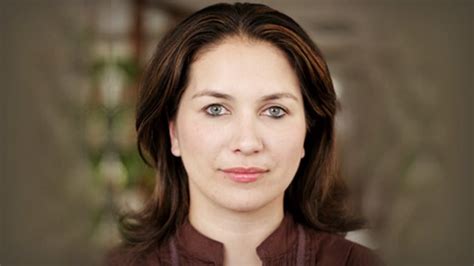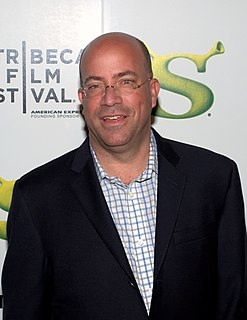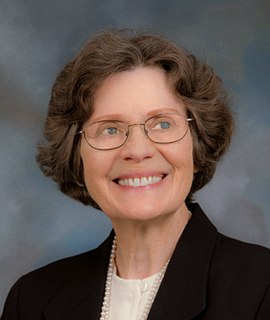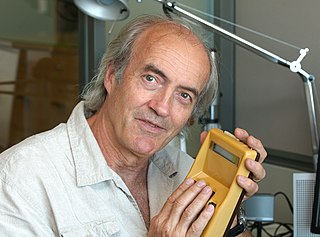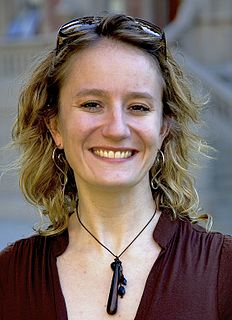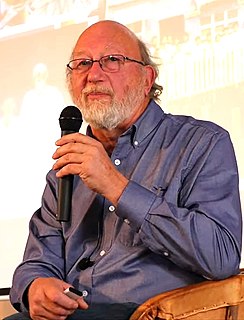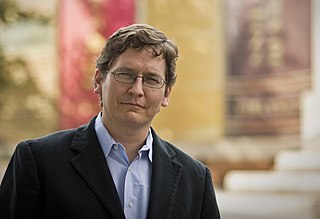A Quote by Matt Blaze
There's been a certain amount of opportunism in the wake of the Paris attacks in 2015, when there was almost a reflexive assumption that, "Oh, if only we didn't have strong encryption out there, these attacks could have been prevented." But, as more evidence has come out - and we don't know all the facts yet - we're seeing very little to support the idea that the Paris attackers were making any kind of use of encryption.
Related Quotes
If we try to prohibit encryption or discourage it or make it more difficult to use, we're going to suffer the consequences that will be far reaching and very difficult to reverse, and we seem to have realized that in the wake of the September 11th attacks. To the extent there is any reason to be hopeful, perhaps that's where we'll end up here.
When the September 11th attacks happened, only about a year later, the crypto community was holding its breath because here was a time when we just had an absolutely horrific terrorist attack on U.S. soil, and if the NSA and the FBI were unhappy with anything, Congress was ready to pass any law they wanted. The PATRIOT Act got pushed through very, very quickly with bipartisan support and very, very little debate, yet it didn't include anything about encryption.
They're implementing what was the strategy of Al Qaeda, which was to have attacks of different levels simultaneously. ... So the idea is, on the one hand you have these spectacular attacks that take months to plan, and others like Reda Hame, a French national, who went to Syria and was there for about a week, given a couple of days of target practice and one day of encryption training, sent back and arrested almost immediately.
I think it's interesting because the 1990s ended with the government pretty much giving up. There was a recognition that encryption was important. In 2000, the government considerably loosened the export controls on encryption technology and really went about actively encouraging the use of encryption rather than discouraging it.
The reality is that if you - let's say you just pulled encryption. Let's ban it. Let's you and I ban it tomorrow. And so we sit in Congress and we say, thou shalt not have encryption. What happens then? Well, I would argue that the bad guys will use encryption from non-American companies, because they're pretty smart.
There is never any ending to Paris and the memory of each person who has lived in it differs from that of any other. We always returned to it no matter who we were or how it was changed or with what difficulties, or ease, it could be reached. Paris was always worth it and you received return for whatever you brought to it. But this is how Paris was in the early days when we were very poor and very happy.


